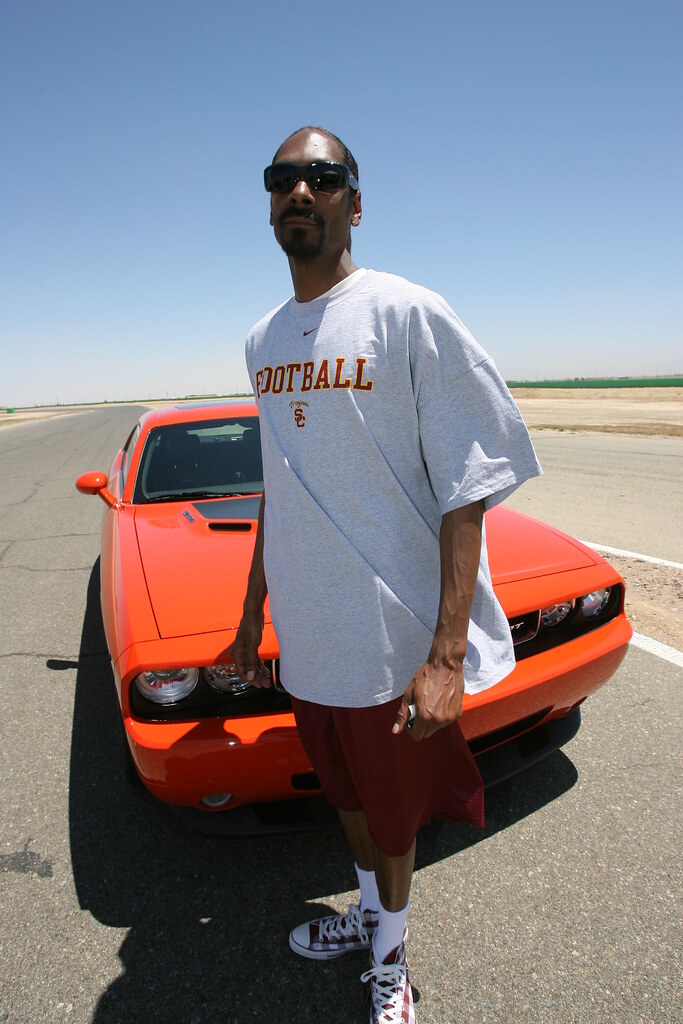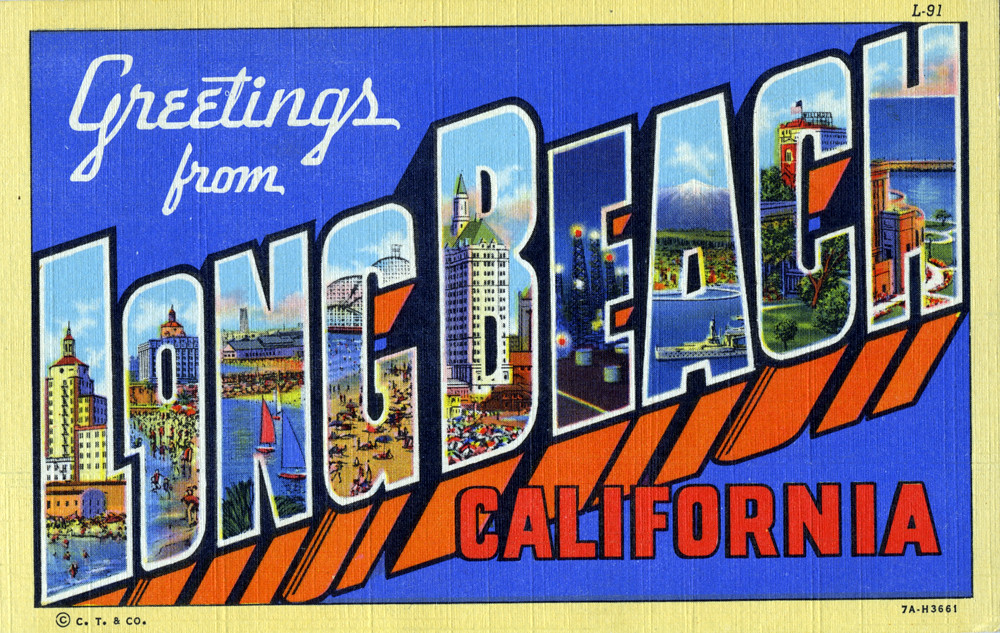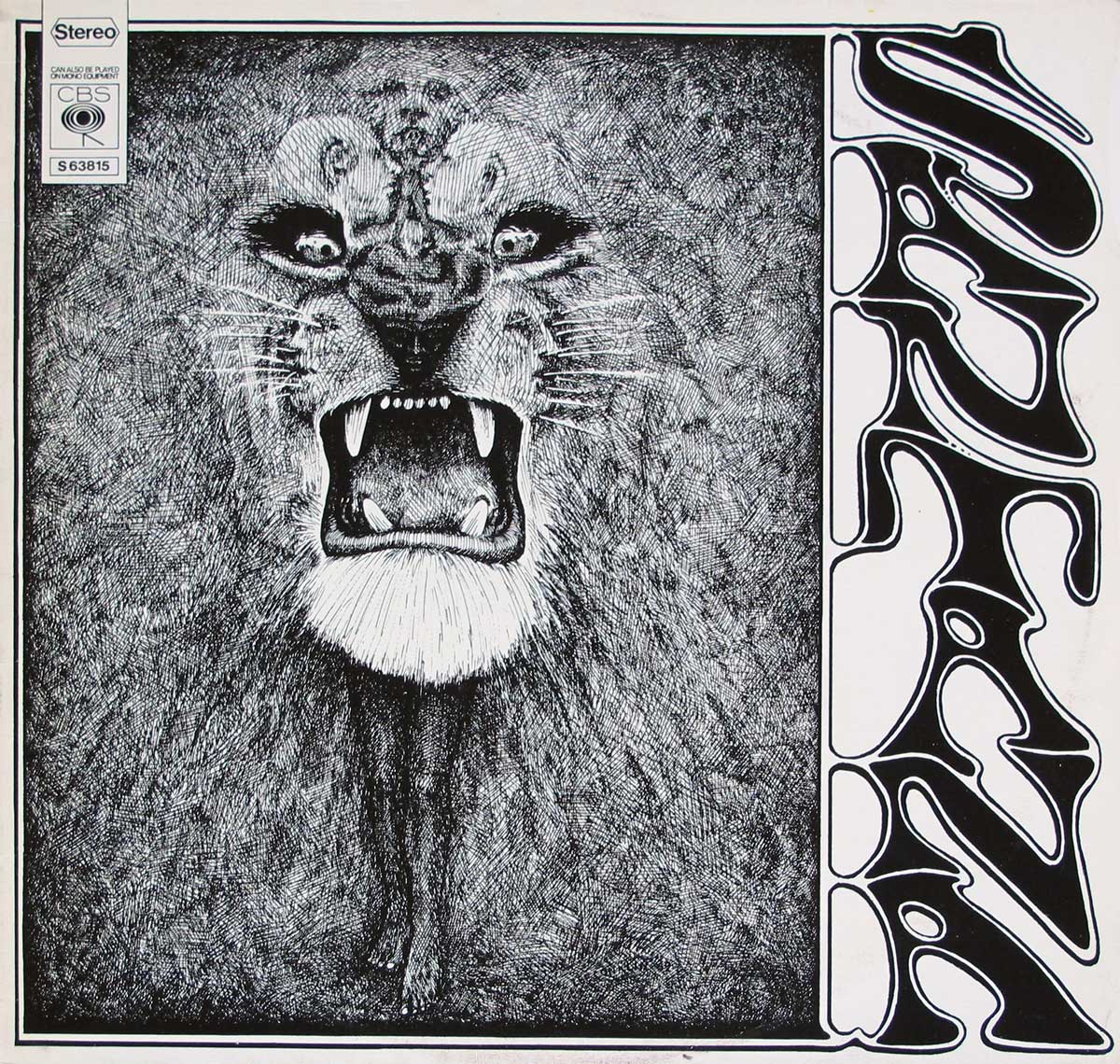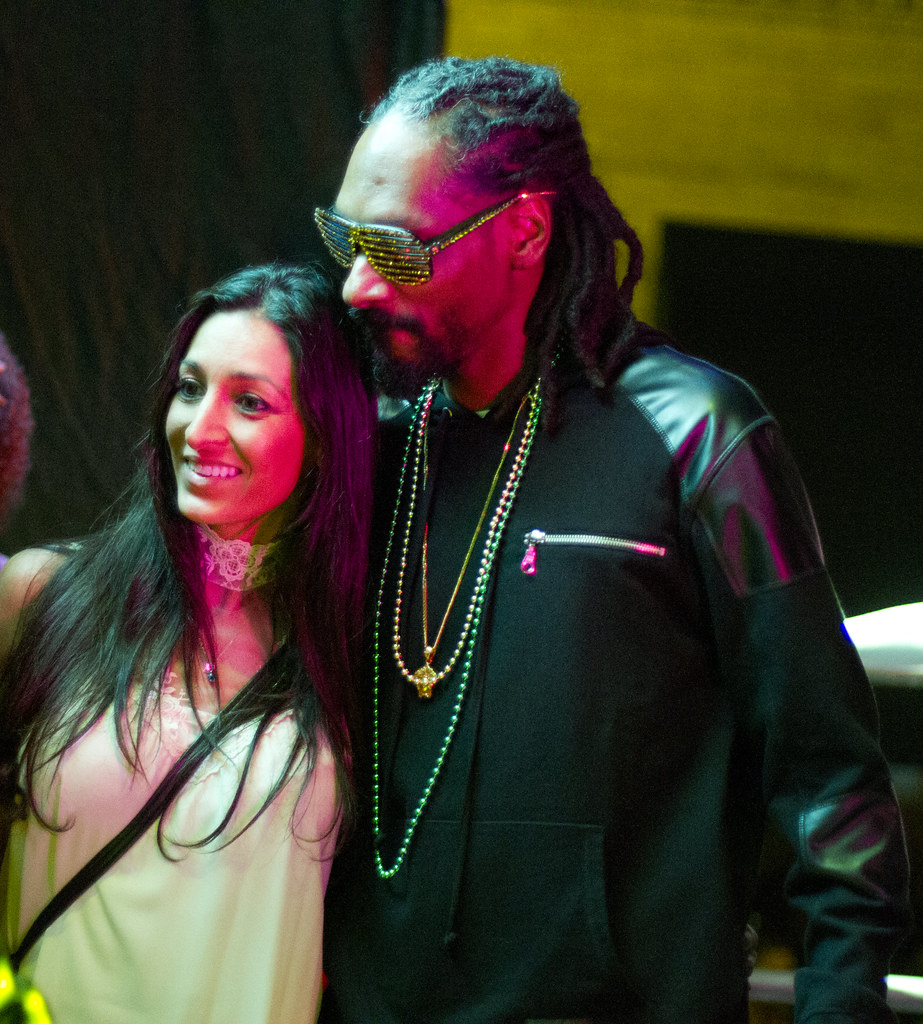
Calvin Cordozar Broadus Jr., universally known as Snoop Dogg, is more than just a rapper; he is a cultural phenomenon whose career spans decades, marked by profound transformations, unparalleled resilience, and an unwavering ability to remain relevant in an ever-shifting landscape. From the moment he first dropped his signature drawled lyrics, he captivated audiences, emerging from the crucible of West Coast hip-hop to become one of the most influential figures in music history. His journey is a testament to evolution, continually facing new challenges and opportunities head-on, redefining his artistic and personal identity along the way.
This in-depth exploration delves into the multifaceted life and career of Snoop Dogg, examining the pivotal moments that shaped him, from his humble beginnings in Long Beach to his ascension as a global icon. We’ll trace the threads of his musical innovations, his encounters with the law, his strategic career pivots, and his remarkable capacity for reinvention. It’s a narrative woven with ambition, controversy, and enduring success, offering a comprehensive look at the artist who has consistently pushed boundaries and defied expectations.
Snoop Dogg’s story is a compelling tableau of an artist consistently meeting the moment, adapting his sound, image, and business acumen to stay ahead of the curve. It’s about more than just albums and singles; it’s about a man who has faced the industry’s toughest challenges, embraced diverse cultures, and emerged as a towering figure whose influence extends far beyond the recording studio. His ability to navigate both the gritty realities of street life and the glittering allure of global stardom makes his journey particularly fascinating.

1. **The Genesis of a Legend: Long Beach Roots and Early Struggles**Calvin Cordozar Broadus Jr. was born on October 20, 1971, in Long Beach, California, a locale that would deeply imprint itself on his artistic persona. His early life was shaped by a complex family dynamic; his biological father left when he was just three months old, leading him to be named after his stepfather. Despite this, his mother, Beverly Tate, was a profound influence, introducing him to old-school R&B and nurturing his musical inclinations from a young age. He began singing and playing piano at Golgotha Trinity Baptist Church, an early indicator of his innate musical talent.
His mother’s affectionate nickname, “Snoopy,” inspired by the Peanuts character, foreshadowed the friendly, approachable public image he would later cultivate, even amidst his early struggles. As a youth, Snoop Dogg was described as a dedicated student and an enthusiastic churchgoer, active in both choir and football. However, the allure of the streets also began to take hold.
By his teenage years, Snoop Dogg found himself navigating the complex and often dangerous world of gangs, becoming a member of the Rollin’ 20s Crips in Eastside Long Beach, despite his mother’s efforts to prevent it. He would later deny these reports in 1993, stating he never joined a gang. Shortly after graduating from Long Beach Polytechnic High School in 1989, his life took a turn towards frequent incarceration, including a period at Wayside Jail, following an arrest for cocaine possession. It was during these formative, often turbulent, years that his raw talent for rapping truly emerged.
In sixth grade, the seed of his future career was planted when he began rapping. He vividly recalled the impact: “When I rapped in the hallways at school I would draw such a big crowd that the principal would think there was a fight going on. It made me begin to realize that I had a gift. I could tell that my raps interested people and that made me interested in myself.” This early recognition of his unique ability laid the groundwork for his eventual breakthrough. Collaborating with his cousins Nate Dogg and Lil’ ½ Dead, and friend Warren G, they formed the group 213, named after Long Beach’s area code, recording homemade tapes that hinted at the greatness to come.
Read more about: Bruce Springsteen’s Enduring Legacy: A Comprehensive Retrospective on ‘The Boss’ and His Unforgettable Journey Through Rock and Roll History
2. **Forging an Empire: The Death Row Era and Dr. Dre’s Influence**The year 1991 marked a pivotal turning point in Snoop Dogg’s career when a fortuitous mixtape featuring one of his early freestyles reached the hands of the legendary Dr. Dre. Impressed by what he heard, Dre called Snoop Dogg to audition, quickly signing him to Future Shock Records, which would soon evolve into the iconic Death Row Records. This collaboration would irrevocably alter the trajectory of West Coast hip-hop and launch Snoop Dogg into superstardom.
Under Dr. Dre’s mentorship, Snoop Doggy Dogg, as he was then known, quickly became a prominent voice. He made his debut on the theme song for the 1992 film *Deep Cover*, a powerful introduction to his distinct lyrical style. Later that year, his extensive guest appearances on Dr. Dre’s groundbreaking debut solo album, *The Chronic*, particularly on tracks like “Nuthin’ but a ‘G’ Thang,” showcased his talent to a massive audience and set the stage for his own solo career. This intense exposure was instrumental in building anticipation for his forthcoming album.
His debut studio album, *Doggystyle*, released in 1993 by Death Row Records and produced entirely by Dr. Dre, was an immediate and colossal success. It debuted atop the Billboard 200, selling an astounding 806,000 copies in its first week. The album quickly achieved quadruple platinum certification from the RIAA, solidifying Snoop Dogg’s place as a dominant force in music. *Doggystyle* not only produced Billboard Hot 100 top-ten singles like “What’s My Name?” and “Gin and Juice” but also became a cornerstone of the West Coast G-funk hip-hop movement.
*Doggystyle* featured a strong roster of Death Row affiliates, including Daz Dillinger, Kurupt, and Nate Dogg, further cementing the label’s influence. Snoop Dogg’s “relatively soft vocal delivery” was noted by music critic Touré, distinguishing him from other rappers who “scream, figuratively and literally.” This unique vocal style, combined with his signature drawled lyrics—employing melodic rhyming, repetition, wordplay, and alliteration—helped him stand out. Despite critical acclaim, the album and gangsta rap in general became the focal point of arguments about censorship, with Snoop Dogg often cited as an example of violent and misogynistic musicians.

3. **Facing the Fire: Legal Battles and Personal Transformation**The meteoric rise of Snoop Dogg was simultaneously shadowed by severe legal challenges that threatened to derail his burgeoning career. In 1993, he was charged with first-degree murder, accused of involvement in the shooting of a rival gang member, though the fatal shot was ultimately fired by his bodyguard. This highly publicized case became a crucible for the young artist, drawing intense media scrutiny and placing his future in jeopardy. The legal battle unfolded over several years, casting a long shadow over his professional life.
The trial garnered significant attention, intertwining his public image with legal drama. A short film, *Murder Was the Case*, was released in 1994, accompanied by a soundtrack, further cementing the narrative of his legal struggles in popular culture. Throughout this period, Snoop Dogg continued to release music, but the outcome of his trial remained a constant, weighty concern. The very fabric of his “gangsta” persona, which had contributed to his early fame, was now being tested in the most profound way imaginable.
Ultimately, Snoop Dogg was acquitted on February 20, 1996, a landmark moment that brought an end to years of uncertainty. Following his acquittal, he openly expressed a desire to move away from the “gangsta” lifestyle, recognizing the perilous path it represented. He felt that continuing down that road would inevitably lead to either assassination or a lengthy prison term, a sobering realization that spurred a significant personal transformation. This decision marked a conscious effort to redefine himself beyond the confines of street life and gang affiliations.
This period of legal adversity and subsequent acquittal served as a pivotal turning point, influencing his artistic direction and personal philosophy. It prompted a shift in focus, allowing him to contemplate a future where his creativity could flourish without the constant threat of legal repercussions. The experience underscored the profound impact of his choices, catalyzing a deliberate pivot towards a more sustainable and less perilous path in both his personal and professional life.
Read more about: John Mew, the Unorthodox Orthodontist Whose Viral Theories Challenged Mainstream Medicine, Dies at 96
4. **Beyond the Row: Charting a New Course with No Limit Records**As the landscape of Death Row Records became increasingly volatile, marked by the departure of Dr. Dre and the racketeering indictment of co-founder Suge Knight, Snoop Dogg found himself at a crossroads. His relationship with the label had become strained due to an “ironclad time-based contract” and withheld royalty payments, prompting him to seek a new artistic home. This dissatisfaction culminated in his departure from Death Row, a significant move that signaled his determination to regain control over his career and artistic destiny.
In March 1998, Snoop Dogg made a strategic move, signing with Master P’s No Limit Records, distributed by Priority/EMI Records. This decision was a testament to his adaptability and business acumen. He recognized No Limit’s ability to tailor material to individual artists, stating, “Snoop Dogg is universal so he can fit into any camp-especially a camp that knows how to handmake [;] [a]nd, No Limit hand makes material. They make material fittin’ to the artist and they know what type of Snoop Dogg is supposed to be on. That’s why it’s so tight.” This alignment with Master P’s independent powerhouse proved to be a shrewd tactical shift.
His tenure at No Limit Records yielded continued commercial success, demonstrating his enduring appeal and versatility. Albums like *Da Game Is to Be Sold, Not to Be Told* (1998), *No Limit Top Dogg* (1999), and *Tha Last Meal* (2000) performed strongly, with *No Limit Top Dogg* selling over 1,510,000 copies and *Tha Last Meal* exceeding 2,100,000 in sales. These releases showcased a renewed creative energy and allowed him to experiment with his sound within a different label structure.
During this period, Snoop Dogg’s image also underwent a noticeable transformation. He began moving “away from his gangsta roots toward a calmer lyrical aesthetic,” as observed by Stephen Thomas Erlewine of Allmusic. He embraced a “pimp” image, signaling a conscious shift from the raw, street-oriented persona of his early career. This evolution was not merely superficial; it reflected a deeper artistic and personal growth, demonstrating his capacity to adapt and reinvent himself while maintaining a firm grip on his unique identity within the hip-hop world. His autobiography, *Tha Doggfather*, published in 1999, further solidified his narrative as a self-made icon.

5. **Reclaiming the Throne: Geffen Records and Mainstream Domination**Following his successful, albeit transitional, period with No Limit Records, Snoop Dogg continued to navigate the ever-changing music industry with strategic label changes that allowed him to further expand his artistic and commercial reach. In 2002, he released *Paid tha Cost to Be da Bo$$,* through Priority/Capitol/EMI, an album that sold over 1,310,000 copies and featured hit singles like “From tha Chuuuch to da Palace” and the Pharrell-assisted “Beautiful.” This demonstrated his sustained ability to produce commercially viable and critically engaging music outside the immediate shadow of his Death Row past.
A significant partnership emerged in June 2004, when Snoop Dogg signed with Geffen Records/Star Trak Entertainment, the latter headed by the influential producer duo, The Neptunes. This collaboration proved to be highly fruitful, with The Neptunes producing several tracks for his 2004 release, *R&G (Rhythm & Gangsta): The Masterpiece*. The album marked a distinct evolution in his sound, blending his signature style with contemporary production, resulting in a fresh and widely appealing artistic direction that resonated deeply with a broad audience.
The impact of this partnership was immediate and profound with the release of “Drop It Like It’s Hot” featuring Pharrell. This infectious track became Snoop Dogg’s first single to reach number one on the Billboard Hot 100, a monumental achievement that firmly cemented his status as a mainstream powerhouse. The album itself sold 1,730,000 copies in the U.S. alone, with its singles receiving heavy rotation on both radio and television, showcasing his ability to adapt and dominate the charts once again.
His collaborations during this era were also noteworthy, including “Signs,” featuring Justin Timberlake and Charlie Wilson, which became his highest entry ever on the UK chart, peaking at No. 2. Beyond his solo work, Snoop Dogg reunited with Warren G and Nate Dogg to form 213, releasing *The Hard Way* in 2004, which debuted at No.4 on the Billboard 200 and No.1 on the Top R&B/Hip-Hop Albums. His appearance in Korn’s “Twisted Transistor” music video alongside other rappers further underscored his growing presence across diverse musical genres and cultural spheres, demonstrating his versatility and broad appeal.

6. **The Lion’s Roar: A Spiritual and Musical Reincarnation**In 2012, Snoop Dogg embarked on one of the most remarkable transformations of his career, both personally and musically. Following a pivotal trip to Jamaica, he converted to Rastafari, a spiritual movement that profoundly influenced his artistic direction and public persona. This profound personal shift led him to adopt a new alias, Snoop Lion, signaling a departure from his long-established identity and a bold embrace of a new chapter in his life. The transformation was documented in a namesake documentary film, *Reincarnated*, which chronicled his Jamaican experience and spiritual awakening.
Under the Snoop Lion moniker, he released a reggae album, also titled *Reincarnated*, in 2013. This album was a significant departure from his characteristic hip-hop sound, exploring reggae rhythms and themes of peace, spirituality, and social consciousness. Singles like “La La La,” “No Guns Allowed,” “Ashtrays and Heartbreaks,” and “Harder Times” showcased his willingness to experiment with new genres and convey a different message, reflecting his newfound spiritual convictions. This venture demonstrated his artistic fearlessness and desire for growth.
The decision to embrace Rastafari and a new musical genre was met with both curiosity and acclaim, highlighting Snoop Dogg’s willingness to evolve and challenge expectations. He explained to reporters that he was rechristened Snoop Lion by a Rastafari priest in Jamaica, emphasizing the authenticity of his conversion. This period was not just about a change in name or musical style; it represented a genuine commitment to a new way of life and a broadened artistic vision, resonating with fans who appreciated his willingness to explore new creative territories.
Beyond the Snoop Lion project, his creative explorations continued. In September 2012, he released *Loose Joints*, a compilation of electronic music under the moniker DJ Snoopadelic, citing the influence of George Clinton’s Funkadelic. He clarified his multifaceted identity, stating, “Snoop Lion, Snoop Dogg, DJ Snoopadelic—they only know one thing: make music that’s timeless and bangs.” This period underscored his boundless creativity and his desire to constantly reinvent himself, proving that he was never one to be confined to a single genre or persona, always facing new artistic challenges.

7. **The Doggfather’s Diverse Discography: A Constant Evolution**Even after his impactful transformation into Snoop Lion, Snoop Dogg’s prolific musical output continued its dynamic evolution, demonstrating an unparalleled ability to experiment across genres while maintaining his signature lyrical prowess. Following the reggae-infused *Reincarnated* in 2013, he quickly pivoted back to his hip-hop roots, collaborating extensively with his frequent partner in rhyme, Pharrell Williams. This partnership culminated in the critically acclaimed 2015 album *Bush*, which further showcased his versatility and readiness to explore new sonic landscapes, blending his classic flow with contemporary production.
The years that followed saw a continuous stream of releases, each adding new dimensions to his expansive discography. *Coolaid* arrived in 2016, a testament to his enduring relevance in the hip-hop scene, followed by *Neva Left* in 2017, which revisited and celebrated his West Coast heritage. But perhaps one of his most surprising and heartfelt ventures came in 2018 with *Bible of Love*, a gospel album that profoundly showcased a new facet of his spiritual journey and artistic expression, marking a significant departure from his previous work and resonating with a diverse audience.
Snoop Dogg continued to feed his hungry fanbase with a succession of albums, including *I Wanna Thank Me* in 2019, *From tha Streets 2 tha Suites* in 2021, and *Algorithm*, also released in 2021. A monumental moment in his ongoing narrative occurred in 2022 when he acquired Death Row Records, the very label that launched his career. This acquisition was swiftly followed by the release of his nineteenth studio album, *BODR* (Bacc On Death Row), signifying a powerful full-circle moment and a reaffirmation of his legacy. His twentieth studio album, *Missionary*, entirely produced by Dr. Dre and featuring an array of iconic artists like Eminem and Sting, further solidified his status, becoming his highest-charting album since 2015 and a spiritual sequel to *Doggystyle*.
His collaborative spirit remained boundless, reaching across musical genres and global boundaries. He lent his voice to Katy Perry’s massive hit “California Gurls,” collaborated with the electronic band Gorillaz on “Welcome to the World of the Plastic Beach” and “Hollywood,” and even teamed up with Vietnamese singer Son Tung M-TP for the track “Hãy trao cho anh.” From working with American comedy troupe The Lonely Island to featuring on tracks with Tech N9ne and Lil Dicky, Snoop Dogg’s willingness to cross artistic divides speaks volumes about his open-minded approach to music and his unwavering creative energy, further expanding his influence into surprising new territories.

8. **From Screen to Stage: Snoop Dogg’s Ventures in Film and Television**Beyond the recording studio, Snoop Dogg has carved out a remarkably extensive and diverse career in film and television, proving his versatility as an entertainer. His acting credits span various genres, from starring roles in films like *The Wash* alongside Dr. Dre and the horror film *Bones* to co-starring with Wiz Khalifa in *Mac & Devin Go to High School*. He has also graced the screen in numerous supporting and cameo appearances, adding his distinctive charisma to films such as *Half Baked*, *Training Day*, *Starsky & Hutch*, and *Brüno*, often stealing scenes with his unique presence.
His television presence has been equally prolific, headlining his own sketch-comedy show, *Doggy Fizzle Televizzle*, the variety show *Dogg After Dark*, and the reality show *Snoop Dogg’s Father Hood*, which offered a glimpse into his family life. He has lent his voice to animated series like *King of the Hill* and *Robot Chicken* and made memorable appearances in episodic television dramas and comedies, including *Las Vegas*, *Monk*, *The L Word*, *Weeds*, *Entourage*, and *The Price Is Right*. His comedic timing has also been showcased in three Comedy Central Roasts, targeting Flavor Flav, Donald Trump, and Justin Bieber.
Demonstrating an unexpected foray into a different kind of production, Snoop Dogg directed pornographic films under the pseudonyms “Michael J. Corleone” for *Snoop Dogg’s Doggystyle* (2000) and “Snoop Scorsese” for *Snoop Dogg’s Hustlaz: Diary of a Pimp* (2002). His debut film, *Snoop Dogg’s Doggystyle*, was a massive success, winning “Top Selling Release of the Year” at the 2002 AVN Awards, blending hip-hop culture with X-rated material. He further solidified his production ambitions by founding Snoopadelic Films in 2005, with *Boss’n Up* being its debut feature, inspired by his *R&G* album.
More recently, Snoop Dogg expanded his television presence into live events and competition. In 2024, he took on the role of a correspondent for NBC and Peacock during the 2024 Summer Olympics in Paris, where he also performed during the closing ceremony. This impactful work earned him two Sports Emmy Awards, a testament to his engaging and entertaining commentary. He also joined the 26th season of *The Voice* as a coach and is set to return for its 28th season, proving his continued adaptability and appeal across various entertainment mediums, bridging the gap between music, acting, and cultural commentary.

9. **The Entrepreneurial Spirit: Building a Business Empire**Snoop Dogg’s business acumen is as diverse and expansive as his music career, showcasing him as a shrewd entrepreneur and investor with an empire that stretches far beyond entertainment. In 2009, his leadership potential was recognized when he was appointed creative chairman of Priority Records, a testament to his industry insight. His ventures into technology are also noteworthy; in 2013, he launched the Snoopify app, which swiftly generated substantial weekly sales, allowing users to personalize photos with Snoop-themed stickers.
His investment portfolio is impressive, including a notable stake in Reddit during a $50 million funding round in 2014. Displaying a keen eye for emerging markets, Snoop Dogg became a minority investor in Eaze, a California-based cannabis delivery startup in 2015, signaling his early embrace of the burgeoning legal marijuana industry. This commitment deepened later that year with the launch of his digital media business, Merry Jane, dedicated to cannabis news and culture, followed by his own line of cannabis products, Leafs By Snoop, making him a pioneer in mainstream celebrity-branded legal marijuana.
Snoop Dogg’s entrepreneurial spirit has also dipped into the culinary and beverage worlds. He launched his debut wine release, “Snoop Cali Red,” in partnership with the Australian brand 19 Crimes. In 2024, he collaborated with Dr. Dre to release a range of pre-mixed cocktails, “Gin and Juice,” named after their iconic hit, alongside a luxury gin called “Still G.I.N.” He was even reported to be considering purchasing the famous Roscoe’s House of Chicken ‘N Waffles chain, further illustrating his diverse business interests.
His reach extends into the rapidly growing gaming and esports sectors. In 2019, he founded the “Gangsta Gaming League,” carving out his niche in the competitive gaming world. He further cemented his presence in this arena by joining FaZe Clan and its board of directors in 2022, and has been featured as a playable operator in popular titles like *Call of Duty: Vanguard*, *Warzone*, and *Modern Warfare 3*. His collaboration with Fortnite included outfits and cosmetics, and he headlined a season of Fortnite Festival, showcasing his adaptability to the digital frontier. He also demonstrated an interest in social media governance, polling users on whether he should “run Twitter” in 2022.
Looking to the future, Snoop Dogg continues to expand his empire. In 2024, he announced the opening of his first legal marijuana shop, S.W.E.D., in Los Angeles, strategically located to serve a vast market. In 2025, he made headlines by becoming a co-owner and investor in the Welsh Football Club Swansea City, a move that further underscores his global reach and eclectic range of investments, proving that his business ventures are as unpredictable and exciting as his music.
Read more about: Ron DiMenna, Visionary Founder of Ron Jon Surf Shop, Dies at 88, Leaving a Legacy That Transformed Surf Culture into a Mainstream Phenomenon

10. **A Voice for Culture: Commentary, Activism, and Public Presence**Snoop Dogg has transcended the role of a mere musician to become a prominent cultural commentator, activist, and public figure whose voice resonates across various societal discussions. His engagements often blend entertainment with thoughtful observations, from performing at the Live Earth concert in Hamburg in 2007 to venturing into Bollywood with his first rap for an Indian movie, *Singh Is Kinng*. In 2013, he delivered a memorable performance at the Kennedy Center Honors, where he lauded jazz pianist Herbie Hancock for “inventing hip-hop,” highlighting his deep appreciation for musical history and influence.
His public presence has frequently intersected with significant social issues and charitable efforts. He was awarded a star on the Hollywood Walk of Fame in 2018, acknowledging his enduring impact. That same year, he performed at Coachella with the acid-jazz and funk band Jamiroquai, showcasing his broad appeal. In 2016, he headlined a “unity party” for donors at the Democratic National Convention and hosted a basketball fundraiser, “Hoops 4 Water,” for the residents of Flint, Michigan, demonstrating his commitment to social causes and community support.
One of his most beloved and unexpected partnerships is with lifestyle guru Martha Stewart, with whom he co-starred in the highly popular VH1 show *Martha & Snoop’s Potluck Dinner Party*. Their undeniable chemistry extended to a Super Bowl commercial for T-Mobile and the co-authorship of his cookbook, *From Crook to Cook: Platinum Recipes from Tha Boss Dogg’s Kitchen*, which became a bestseller. This collaboration exemplified his ability to bridge cultural divides and appeal to an incredibly broad demographic, transforming him into an unlikely but universally adored household name.
Snoop Dogg’s ability to provide colorful and engaging commentary was vividly displayed during the Mike Tyson vs. Roy Jones Jr. fight in 2020. His candid remarks, such as describing Tyson and Jones as “two of my uncles fighting at the barbecue,” and his spontaneous hymn-singing during an undercard fight, led many pundits to declare that he had “won” the night. This knack for engaging, often humorous, cultural observation solidified his reputation as an authentic and entertaining voice. His appointment as executive creative and strategic consultant at Def Jam Recordings in 2021 further underscored his influence and respected position within the music industry’s executive ranks.
In a powerful testament to his multifaceted impact, Snoop Dogg was listed as one of the most influential people in the world by Time Magazine, recognizing his pervasive influence across music, business, and culture. His constant reinvention and willingness to engage with both the serious and the lighthearted aspects of public life have cemented his status not just as an artist, but as a genuine cultural icon.





